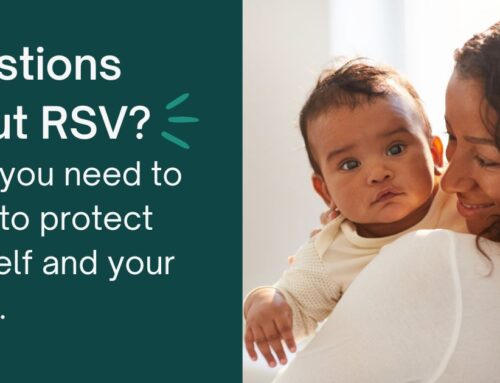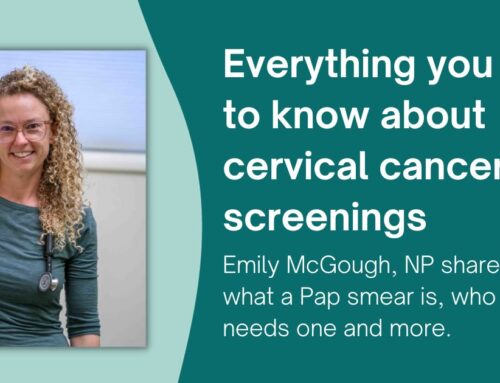September is Suicide Prevention Awareness Month.
Suicide is the tenth leading cause of death in the United States, and one that often faces stigma within our society.
Suicidal thoughts can occur for people of any gender, age or background, and often may be connected to a mental health concern. Suicidal ideation or gestures should not be ignored, nor dismissed as an attention-seeking behavior. For people experiencing suicidal ideation, and for those who have relationships with them, it can be difficult to know how to find help. While addressing suicidal ideation may feel daunting, it’s important to know that we can all take action to help our family members, friends and neighbors who are facing suicidal thoughts.
In order to be able to help in a crisis, we must be aware of the warning signs. Warning signs for suicidal actions include:
-
Discussing a desire to end one’s life or wanting to die
-
Increased substance use
-
Feelings of guilt, shame, hopelessness & emptiness
-
Making plans for how to end life or researching ways to kill themselves
-
Feeling trapped or as though their problems aren’t solvable, feeling as though they are a burden
-
Withdrawing from others
-
Shifts in sleeping and eating habits
-
An increase in risk-taking behavior
-
Frequently talking or thinking about death
-
Rapid mood shifts
-
Taking steps to prepare to end their lives, such as giving away important possessions, saying goodbye or writing goodbye letters for those they care about, and putting any additional affairs in order.
If you notice these behaviors in someone you care about, or any additional reasons for concern, you can help. The first step in doing so is asking the person directly “are you thinking about killing yourself?”
While this may be difficult, it is important to ask directly, and studies show that inquiring about suicidality will not increase suicidal thoughts or attempts.
Help the person to stay safe; inquire if the person has a plan, and help them to find a way to remove lethal objects (such as guns or other weapons) from their home.
Be there to support the person; listen in a non-judgmental & empathetic way, letting this person know that you are there for them. You don’t have to try to find solutions for their problems or provide advice, simply be there to listen.
Help them to get connected in the moment; provide them with crisis text & talk lines, such as the National Suicide Prevention Lifeline, 1-800-273-TALK. Also, help them to connect with ongoing resources, such as assisting them in sharing that they need help with trusted family members or friend, help them to get connected with a mental health provider, or their primary care physician. And finally, maintain a connection, even after the crisis has passed.This is a challenging time for all of us, so please don’t hesitate to reach out if you need support. If you are experiencing a mental health crisis, please call The Center for Mental Health’s crisis line at 970.252.6220, the National Suicide Prevention Lifeline at 1-800-273-TALK or text the Crisis Text Line, by texting HELLO to 741741. You are not alone, and there is hope and help available.

This is a challenging time for all of us, so please don’t hesitate to reach out if you need support. I can be reached by calling the Telluride Medical Center at 970-728-3848, or if you are a patient of Telluride Medical Center, by messaging me through the Telluride Medical Center portal.
If you are experiencing a mental health crisis, please call The Center for Mental Health’s crisis line at 970.252.6220.
Be well,
Lindsay Wright
Lindsay Wright | Behavioral Health
Telluride Medical Center







